You may find yourself falling into one, two or all of the following scenarios due to the cost of living crisis.
- A dinner outing has been planned for weeks with your close friends. The date has arrived on the calendar and it is one you have been dreading since securing the plans – not because of the catch-up, but due to the high dish prices at the chosen restaurant. You feel as though you have no other choice but to cancel.
- You are out with your kids, whether it be at the supermarket, an activities centre, or an event. Food and drink have to be involved in one way or another, but when your little ones pick up a pricey branded product to feast on, you dismiss their requests.
- It’s been a long, challenging week and all you and your significant other want to do is whip up a tasty meal to enjoy at home. You head to your nearest superstore and browse the aisles, but the cost of your basket’s contents is staggering. The pair of you settle for soup and a sandwich – a tasty combination, but nothing close to what your taste buds were after.
The rising cost of living has had many of us facing obstacles, some more than others.
But making small changes to your daily/weekly routine may mean that you don’t have to sacrifice those exciting restaurant visits, homemade meals and treating your kids.
With the help of some of our Courier readers, we have pulled together a list of tips and advice on how to save some pennies on food and drink.
They are also very much focused on how to do this whilst being conscious of your health.
If you have any more suggestions on how we can eat healthier on a budget, let us know in the comments section at the bottom of this article
Avoid wasting food
Reducing food waste has never been more important – and one way to do this is by moving a number of your essential food items into the fridge.
The following products have been recommended by Rafaelle Rochira, refrigeration category manager at home appliance brand Hotpoint, to shift to the fridge.
- Eggs: For optimum quality and safety, eggs should be kept at a steady temperature below 20C.
- Avocados: They should be stored in a cool, dark space at around 20C and once ripe, uncut avocados can be stored in the refrigerator, unpeeled, for up to one or two weeks.
- Bananas: Refrigerating unripe bananas will stop the ripening process and prevent the peel turning black.
Supporting local
Supporting local businesses is something that has been drilled into our minds in recent years, primarily due to the pandemic.
However, there is a stigma that these businesses are far more expensive than a visit to the supermarket, which isn’t always the case.
Refillery and zero-waste shops allow you to buy a multitude of different products, ranging from lentils, pumpkin seeds and vegetables to granola, chocolate and home bakes, in bulk.
You can choose the quantity you want, removing waste.
Martha Bryce, an admin of the popular Facebook group Fife Food & Drink Fans, suggested Grain & Sustain in Burntisland and Juniper in Petersfield.
She said: “Vegetable boxes are also a great way of eating healthily and upping your veg intake.
“You can get these at East Neuk Market Garden.”
Katharine BalfourLittle added: “Nethermyres Farm Shop also has locally-grown and produced food at good prices.”
Find yellow stickers
If you’re a bargain hunter and search hard enough for yellow stickers in supermarkets, you’ll find that they are filled with products that have been reduced in price daily.
These items have usually either reached their sell-by date or will (technically) be going out of date the following day, so are perfect for those looking to whip up something tasty that evening – or enjoy a cheap snack.
In some cases, the reason the item has been reduced is due to the packaging being damaged or it being discontinued.
They are often as much as 75% less than their original price, so are a great way of purchasing items for your weekly shop on a budget.
I myself often bag them, particularly fruit pots as I find they’re far more tasty and juicy.
Too Good To Go
My fellow food and drink writer Mariam and I started our Too Good To Go journeys earlier this year after downloading the app, which allows you to purchase unsold food from eateries at the end of service to prevent them from being discarded.
Not only is it beneficial for businesses, as it allows them to reach new customers and make money from food that would otherwise be wasted, but also for consumers who can access food at affordable prices and do some good for the planet.
There’s also the surprise factor as you never know what you’ll find inside a bag.
Mariam has saved as much as £57 during one of her experiences on the app.
The pair of us would urge you to give it a go.
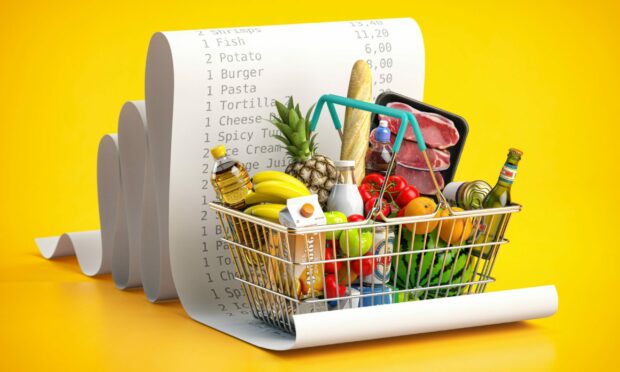
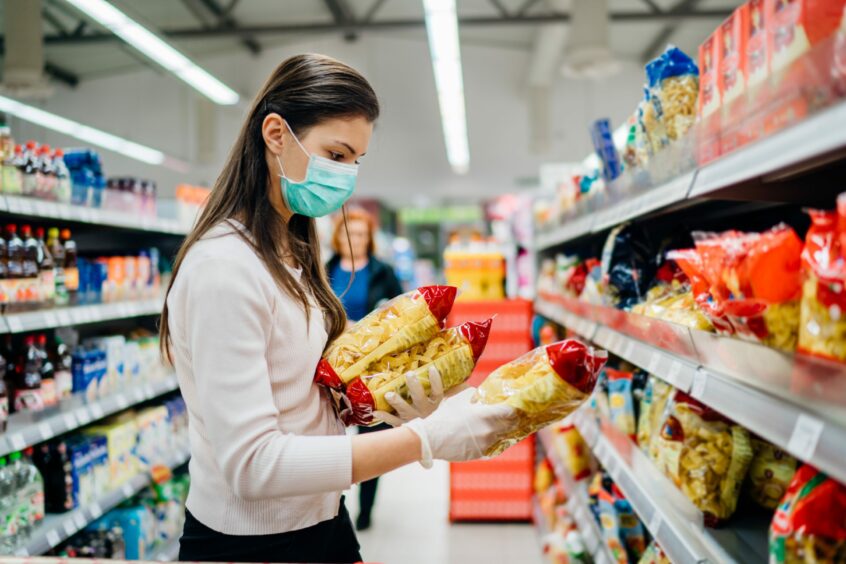
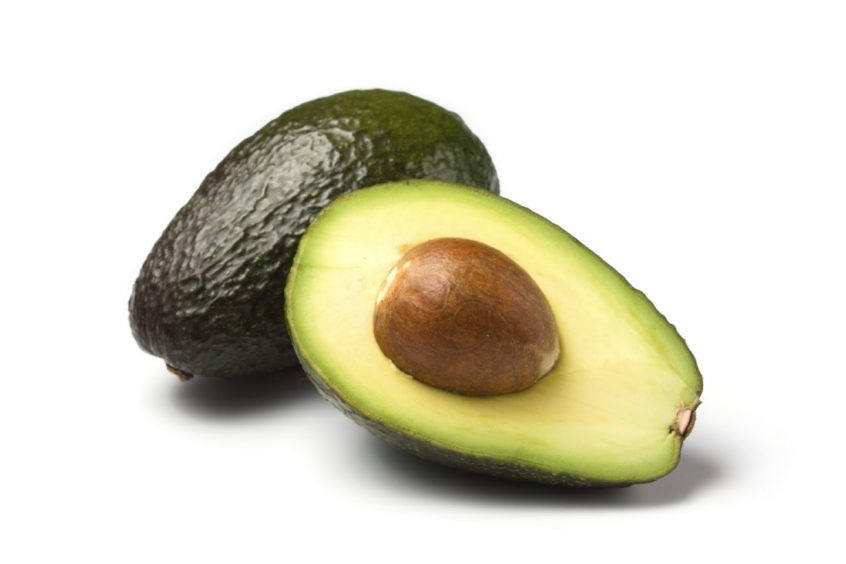
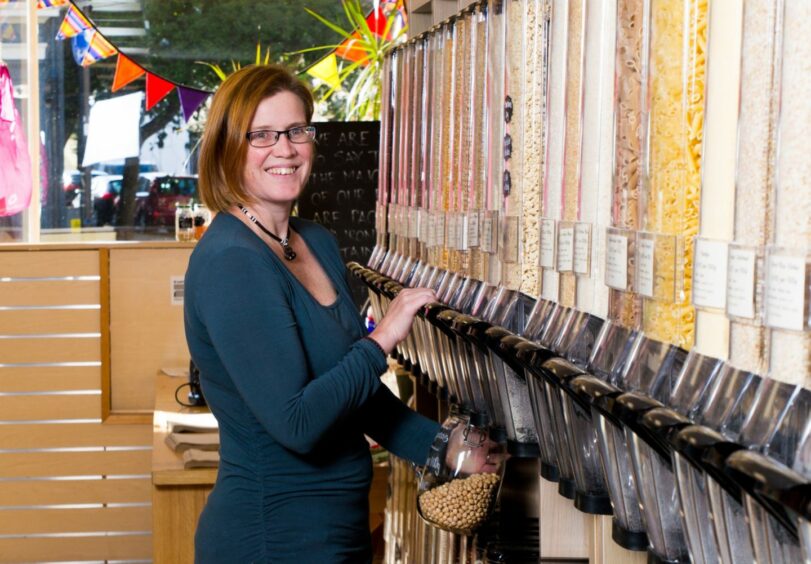
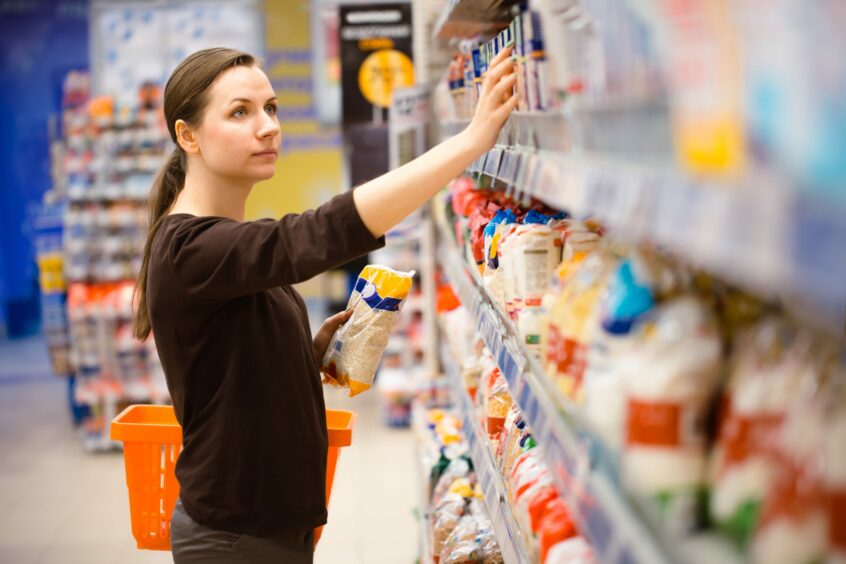
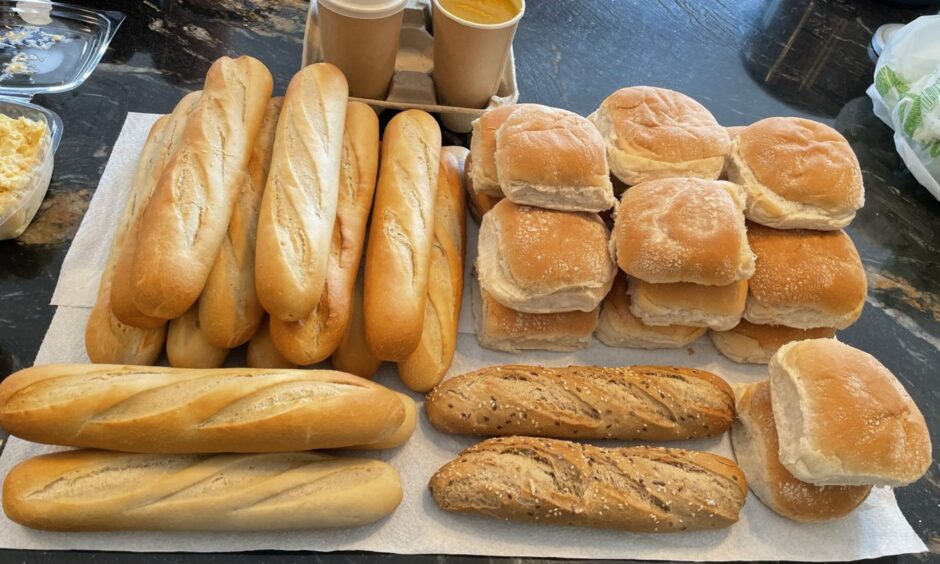
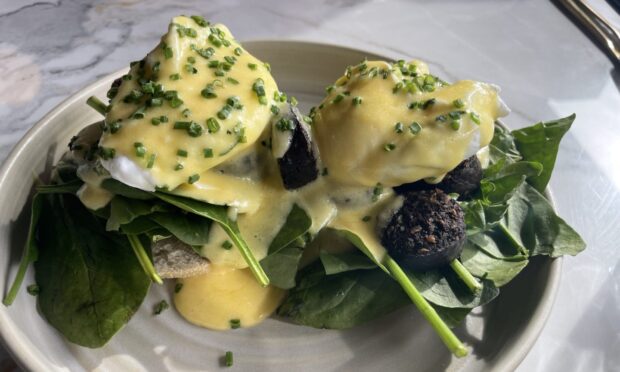
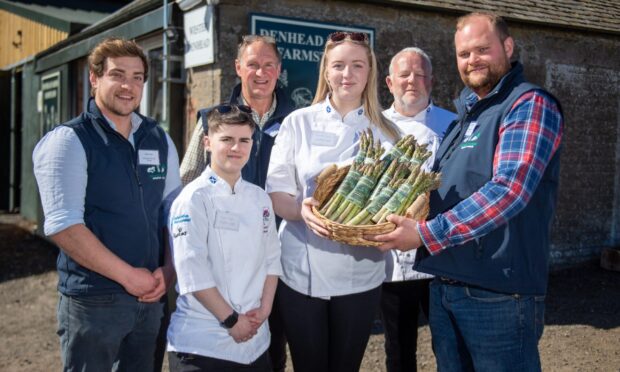
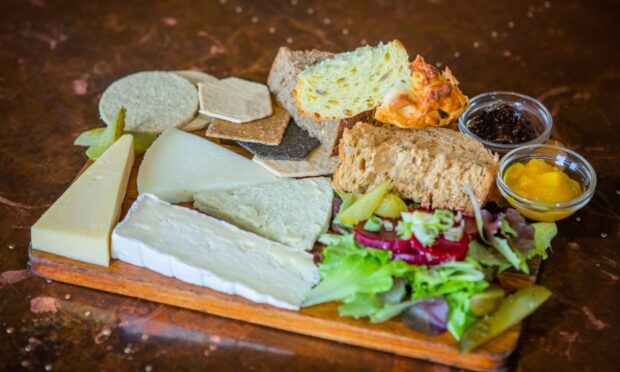


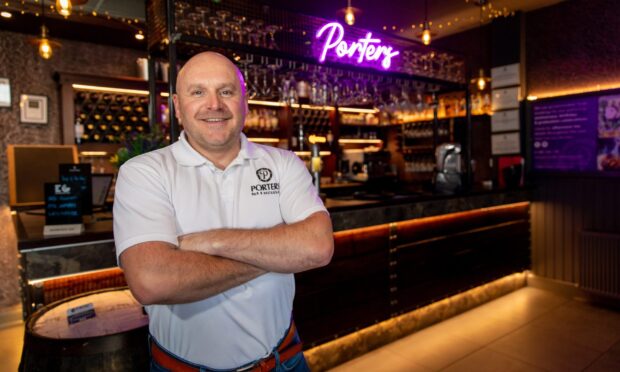
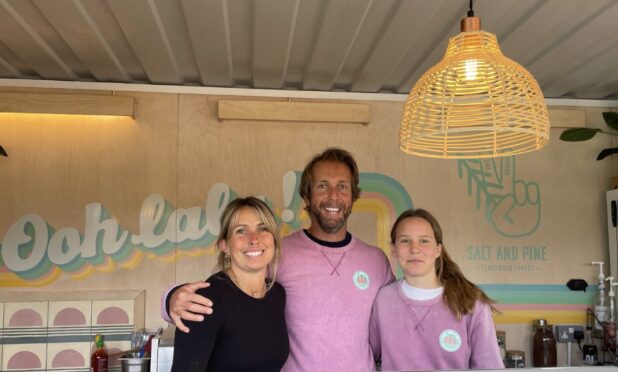
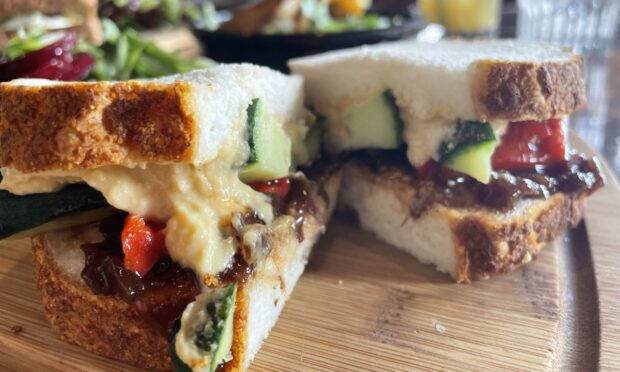
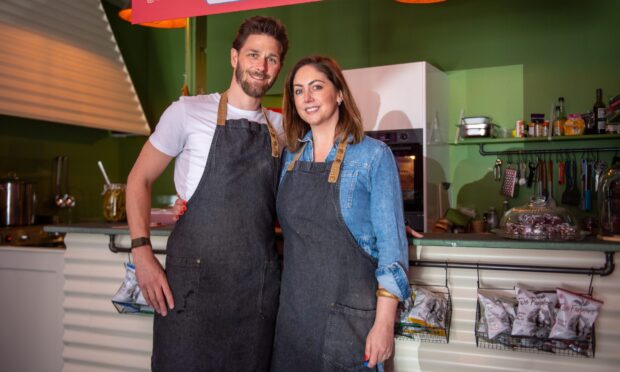
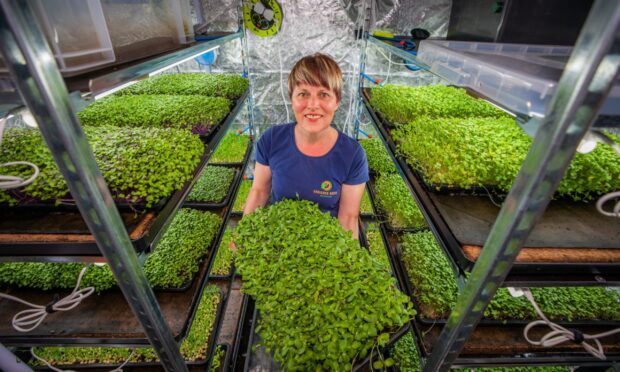
Conversation